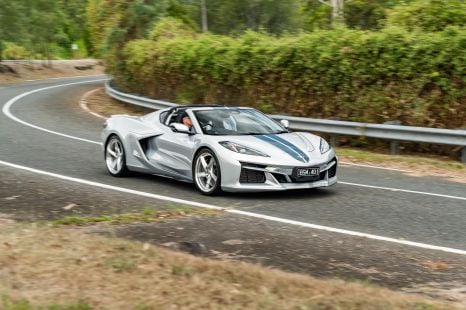

CarExpert.com.au
The CarExpert team's favourite cars of 2025
3 Minutes Ago

Marketplace Editor
Hanging out for a new Peugeot 208 in Australia? Don’t hold your breath, unless you’re willing to go electric.
The French brand’s rival to the Volkswagen Polo hasn’t been available Down Under since the new generation went on sale globally in 2019, and Peugeot’s local managing director says the Australian arm isn’t likely to bring it back – with the exception of the electric e-208.
“We have always put down that the ideal scenario [for us] is the e-208,” said Kate Gillis, MD for Peugeot Citroen Australia.
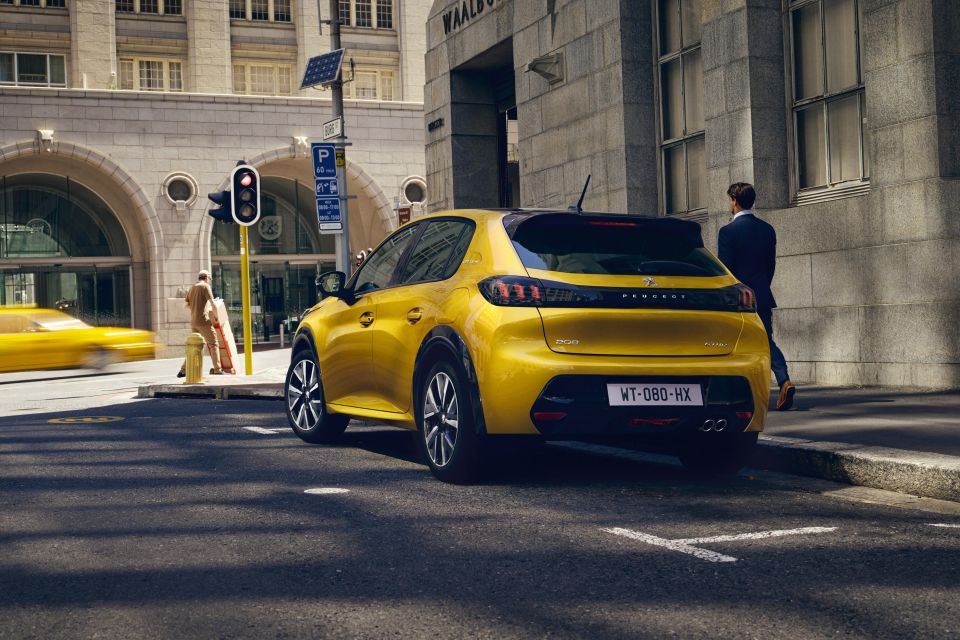
“When we talk about the [petrol] 208, it’s not a consideration for our market. That is one thing we looked at and said it just doesn’t feel like the right move.”
“If we’re going to move into that smaller segment, we’re going to do it with something that’s quite impactful. We can see that even from an overseas perspective; the success of the 208 is riding firmly on the electrified version,” Ms Gillis continued.
“We are making sure that we’re bringing out the best possible range we can, and we feel the e-208 is is the right move within that space.”
As recently reported, the e-208 (and the larger e-2008) seem on track for a 2023 launch in Australia alongside an electric van, though final details and more specific timing are still to be confirmed.
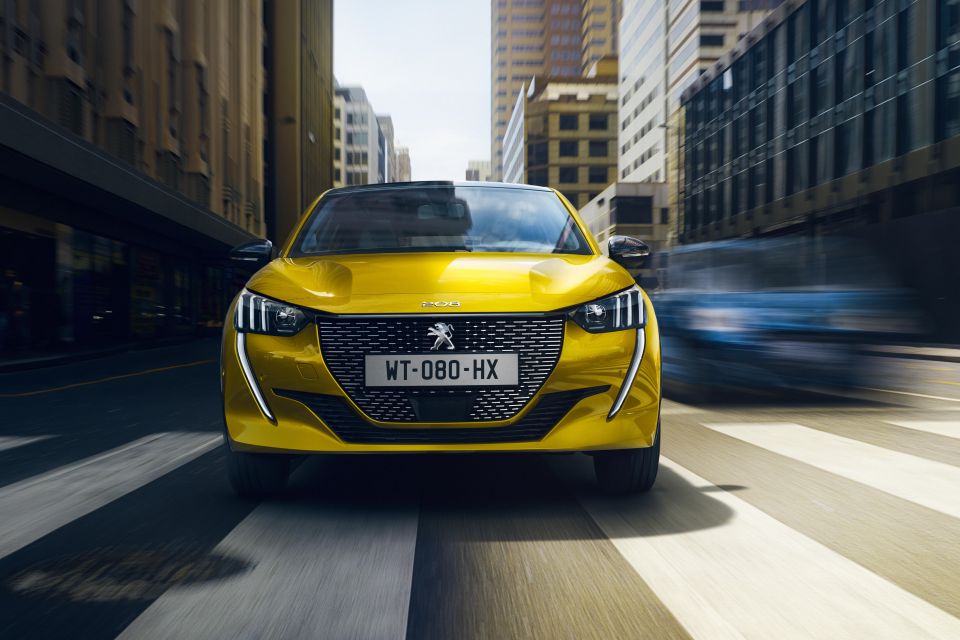
In overseas markets, the Peugeot 208 is available with 1.2-litre three-cylinder petrol and 1.5-litre four-cylinder turbo-diesel engines alongside the 115kW e-208 EV.
The 1.2-litre PureTech turbo petrol is offered in 75, 100 and 130 horsepower guises (56kW, 74kW and 96kW), while the 1.5-litre BlueHDi turbo-diesel is offered in a sole 100 horsepower (96kW) tune. Six-speed manual and eight-speed automatic transmissions are available depending on engine variant.
In the UK, the e-208 commands a circa £7000 ($12,668) premium over the high-spec 96kW 1.2-litre petrol engine with the eight-speed automatic – the latter the same drivetrain offered in the latest Peugeot 308.
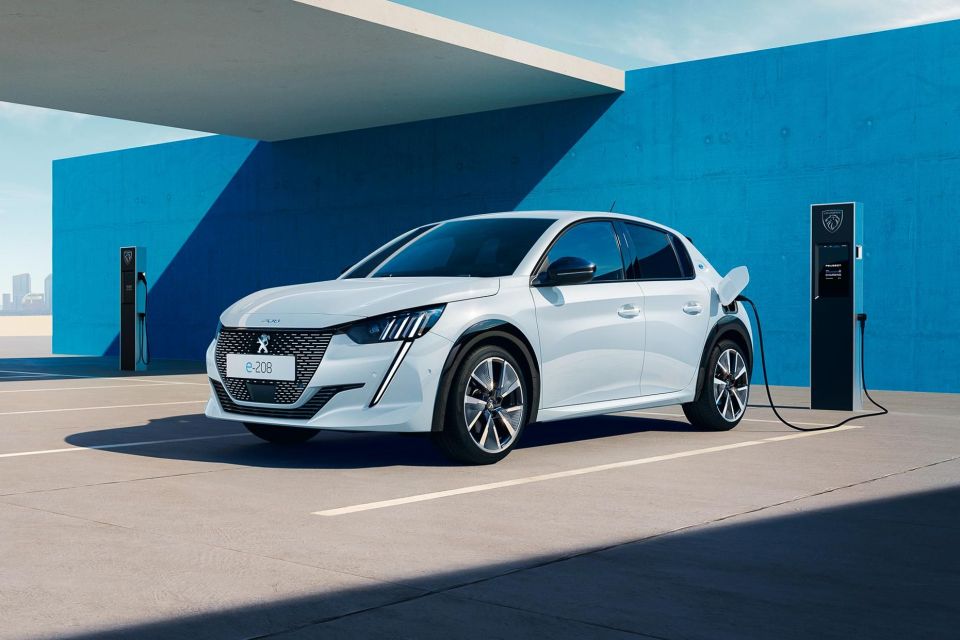
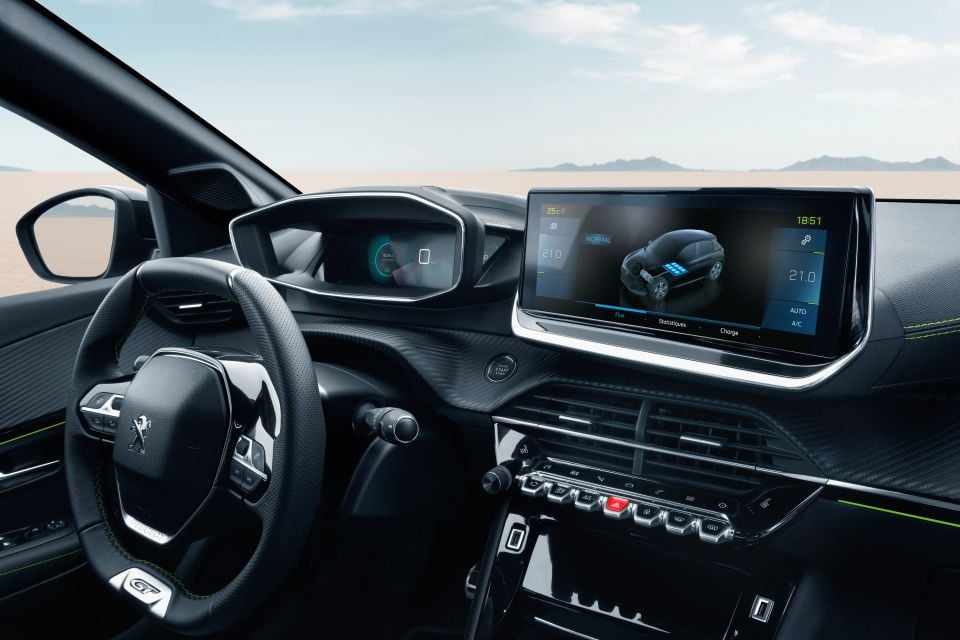
Meanwhile, an upgraded e-208 was confirmed for Europe with a new, more efficient 51kWh (48.1kWh usable) 400V battery pack, and a new 115kW/260Nm electric motor (up 15kW).
Peugeot says it’s aiming for average energy consumption of “around 12kWh per 100km” versus the larger e-308’s impressive 12.7kWh claim. Such improved efficiency should help the e-208 achieve “up to 400 kilometres” on the WLTP cycle, though official certification is still in progress. The e-208’s previous range claim was 362 kilometres.
Peugeot enhanced the e-208 as recently as late 2021, adding 22km more range than the original version launched in 2019 through a heat pump and humidity sensor that increased the HVAC system’s efficiency, a new tyre compound for the 16-inch alloy wheels to minimise rolling resistance, as well as a revised ratio for the electric motor’s gearbox “that increases range on road and motorway journeys”.
Further, the company claims the upgraded heat pump and sensor brought a real-world range increase of 4km “in urban traffic at temperatures close to 0 degrees celsius”.
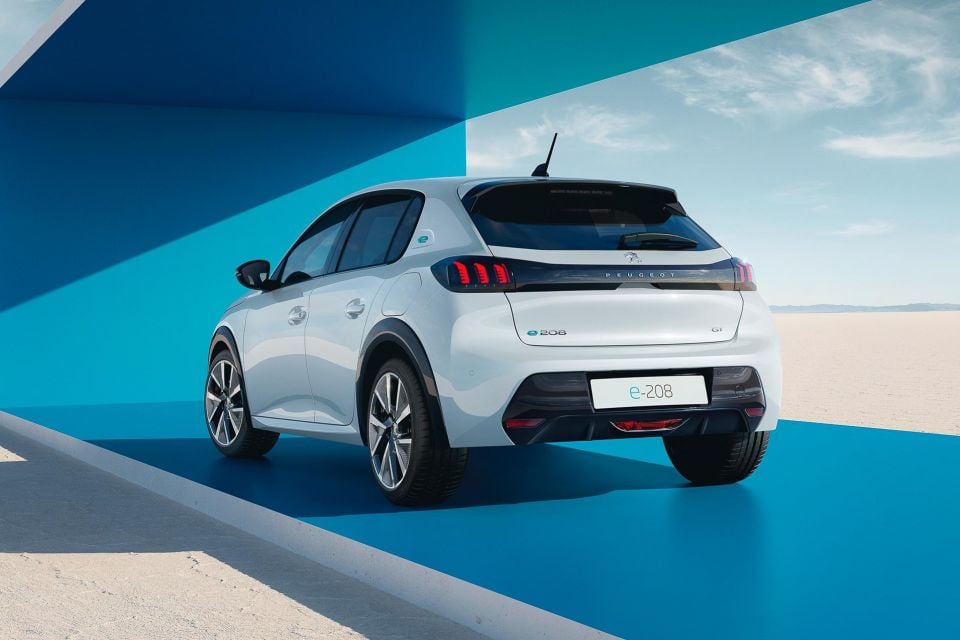
The e-208 has been a sales success for the brand in various parts of Europe, itself part of one of the most popular model ranges in the region – the 208 was the best-selling new vehicle in Europe and the UK in October 2022 with over 17,000 sales.
Peugeot says almost 110,000 e-208 vehicles have been produced since it was launched in 2019, and it’s the top-selling electric vehicle across all segments in its home market of France.
Stay tuned to CarExpert for all the latest.
MORE: 2023 Peugeot e-208 boosts range to 400km, on Australian radar MORE: Peugeot e-208, e-2008 could hit Australia in 2023 MORE: Everything Peugeot 208
Where expert car reviews meet expert car buying – CarExpert gives you trusted advice, personalised service and real savings on your next new car.
James Wong is an automotive journalist and former PR consultant, recognised among Australia’s most prolific motoring writers.


CarExpert.com.au
3 Minutes Ago
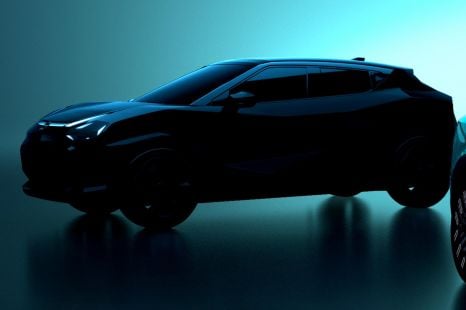

Damion Smy
14 Hours Ago
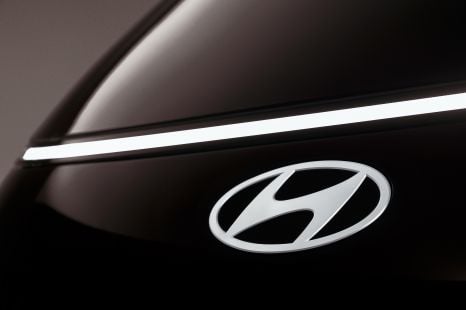

Damion Smy
17 Hours Ago
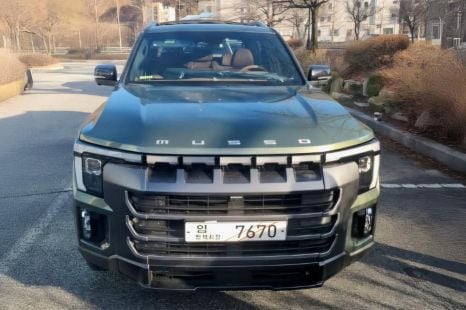

Damion Smy
21 Hours Ago
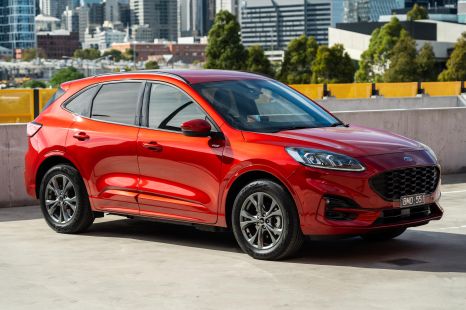

Damion Smy
22 Hours Ago
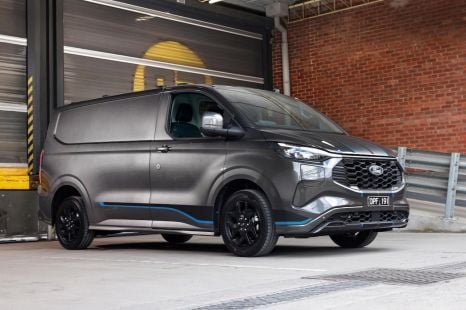

Damion Smy
22 Hours Ago